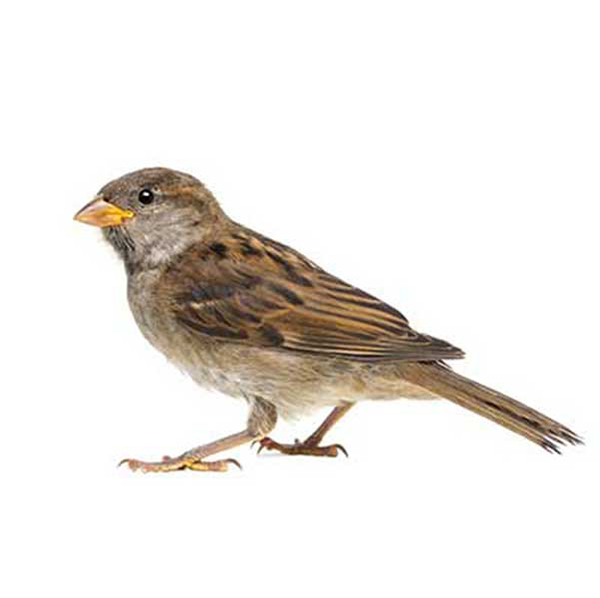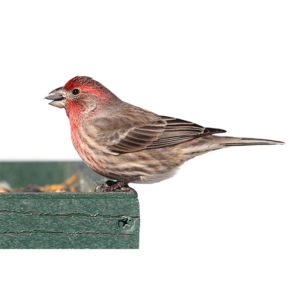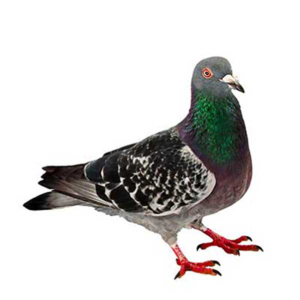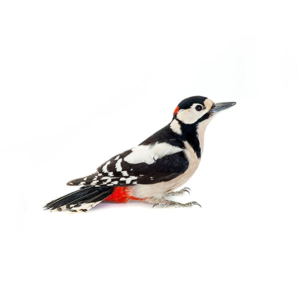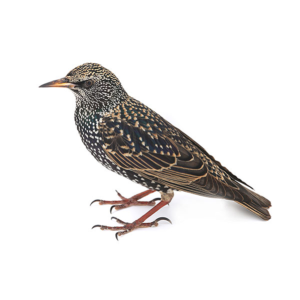House Sparrows in Anaheim
House sparrows are found all across the world and are considered an invasive species here in Anaheim. In addition to driving out beneficial native species, these sparrows can spread over 25 different harmful pathogens to humans and other animals. Despite their small size, house sparrows are highly adaptable, quite aggressive, and known for making huge messes with their droppings or nesting material. Unfortunately, these birds are also largely dependent upon human structures for nesting and food resources, which means they’re most frequently found near our homes or businesses.
House Sparrow Habitat
Found across the United States, house sparrows are incredibly versatile. They build nests out of twigs, paper, string, and other debris in pretty much any sheltered, elevated location they can find. Some of the most common nesting places include gutters, lamp poles, rafters, and vent ducts. Should they build a nest in an area next to electrical wires, they could pose a serious fire hazard. Additionally, house sparrow nests can attract insects and parasites into your home or building, leading to all sorts of other unpleasant infestations.
House Sparrow Behaviors, Threats, or Dangers
It might be pleasant to see certain birds in your backyard, but house sparrows aren’t a species you want nearby. They pose a health risk to any person or animal on your property, and they’re capable of creating quite the mess. If they build a nest in a gutter or drainage pipe, they could even cause costly property damage. House sparrows are also aggressive toward desirable native species such as bluebirds, which can have a negative impact on our local ecosystem over time.
While these birds aren’t something you want on your property, never attempt to approach a house sparrow nest on your own. Doing so could put you at risk of injury or disease. Instead, call a licensed bird removal company to safely and efficiently get rid of the house sparrows for you.

